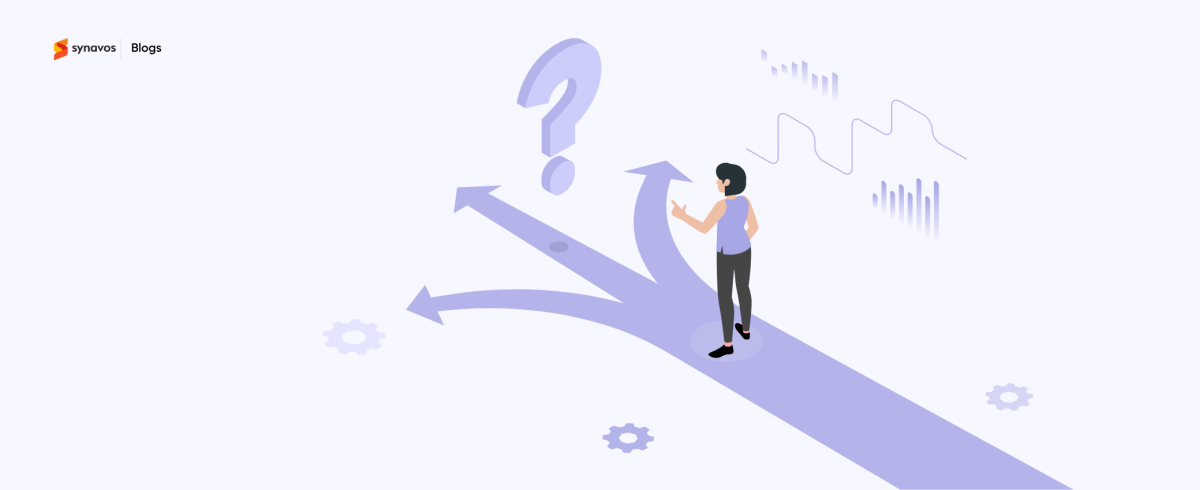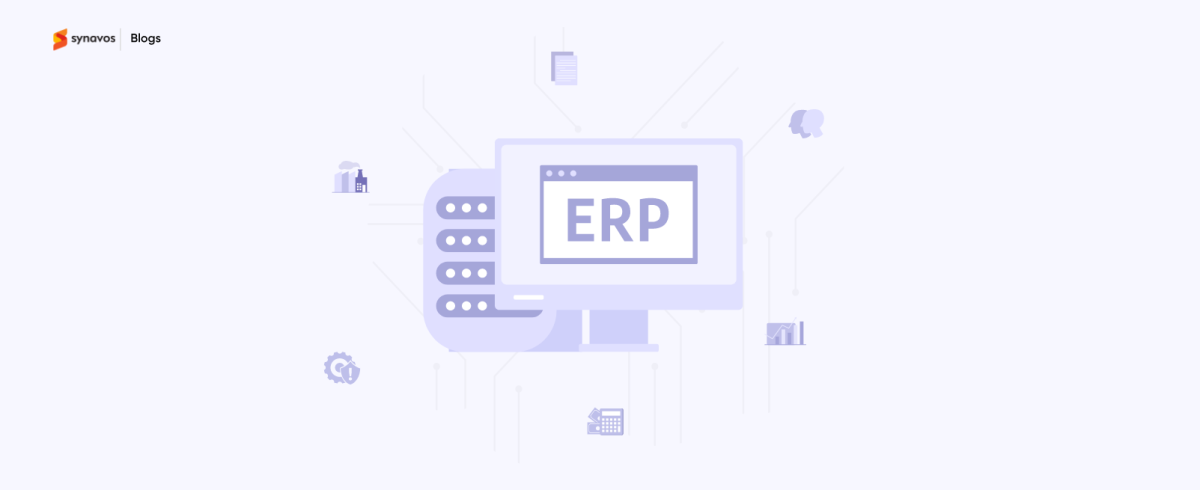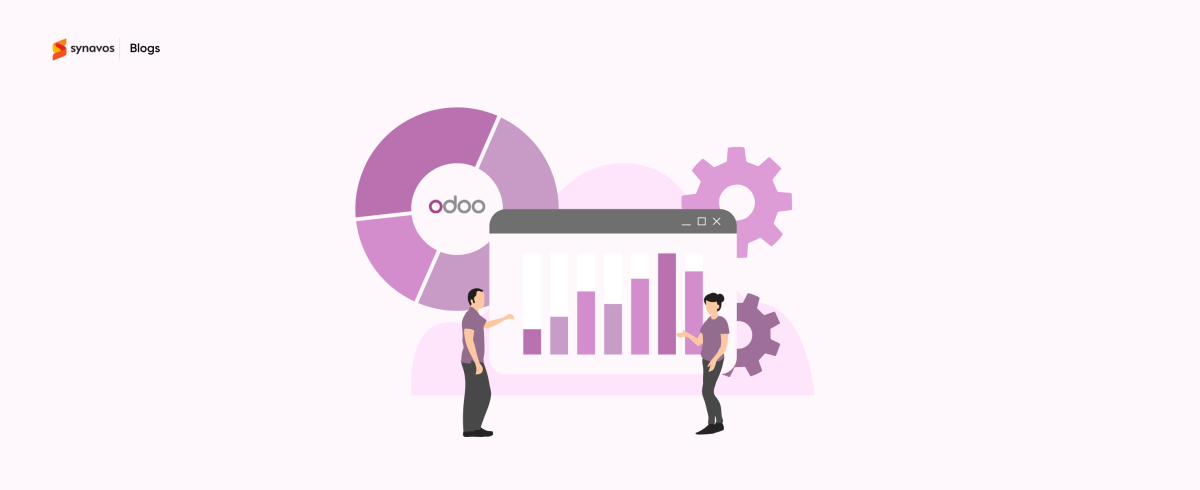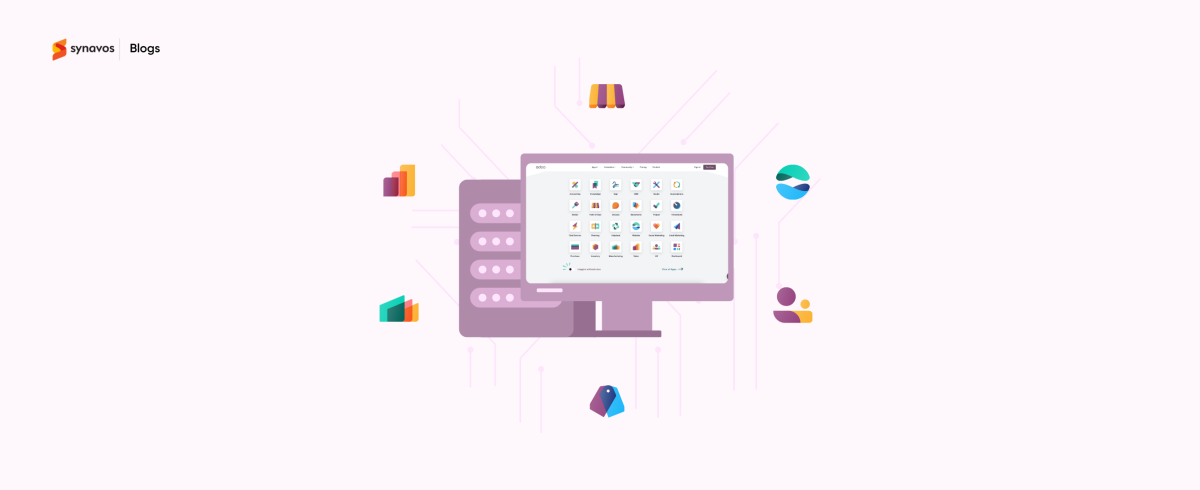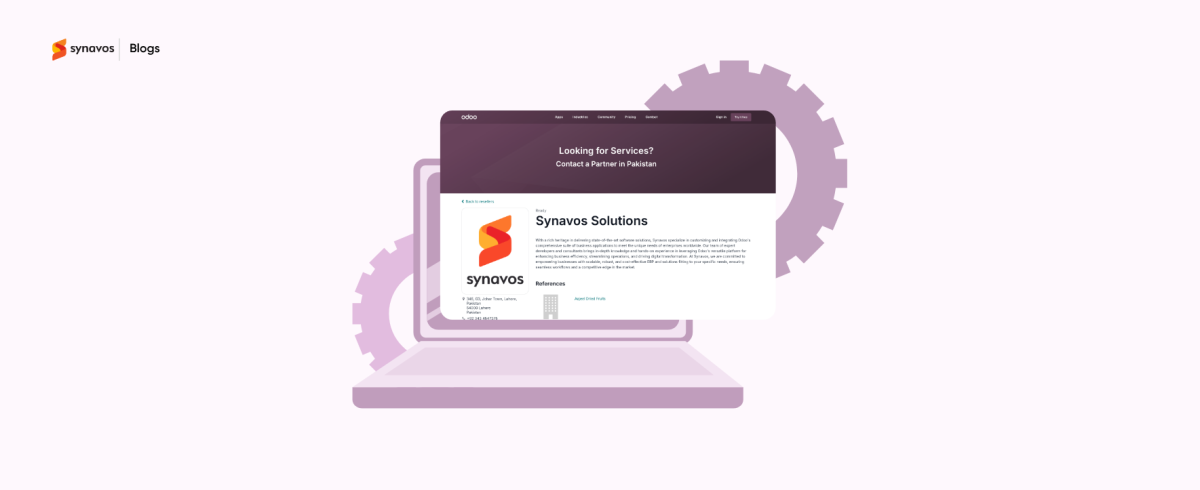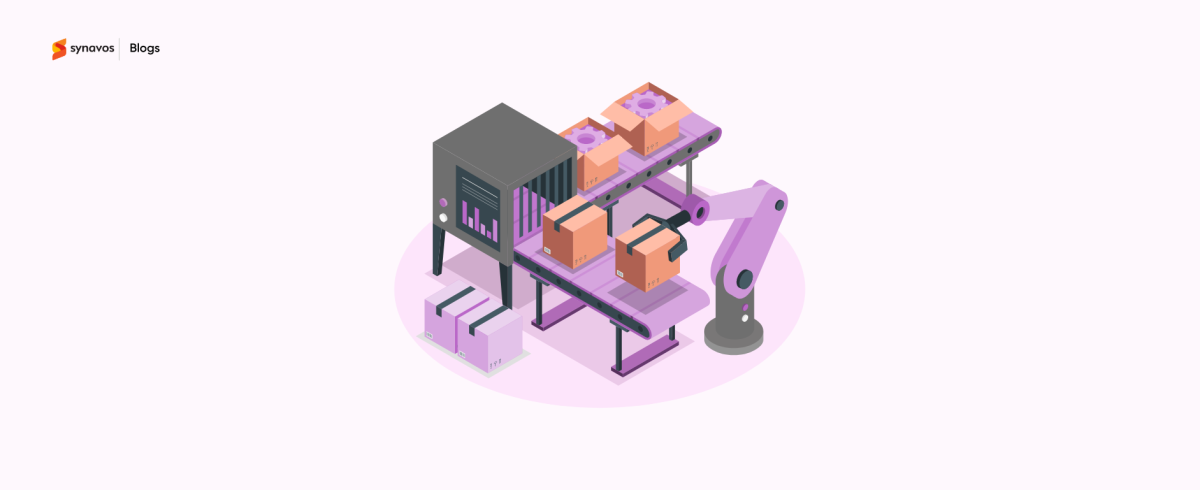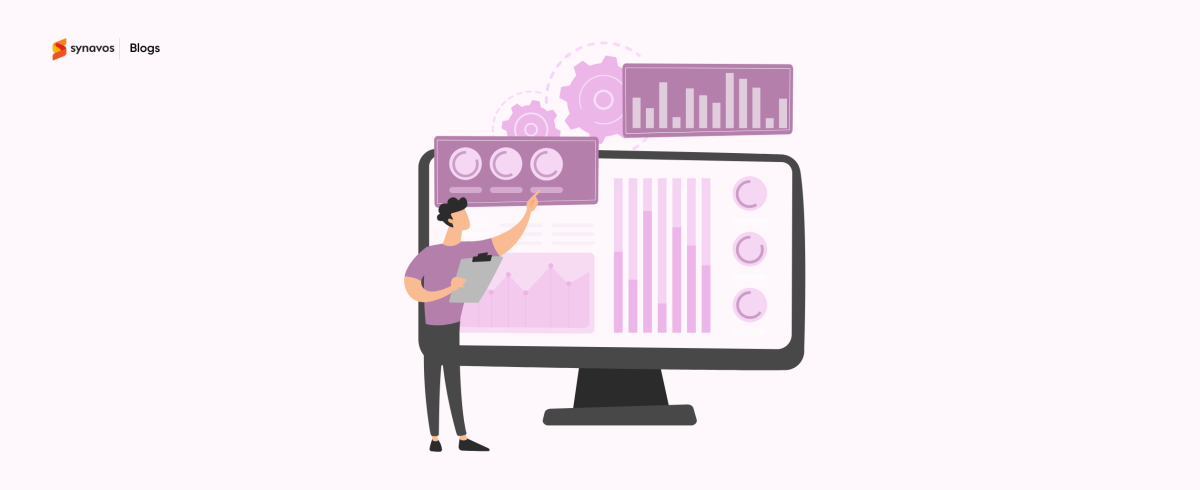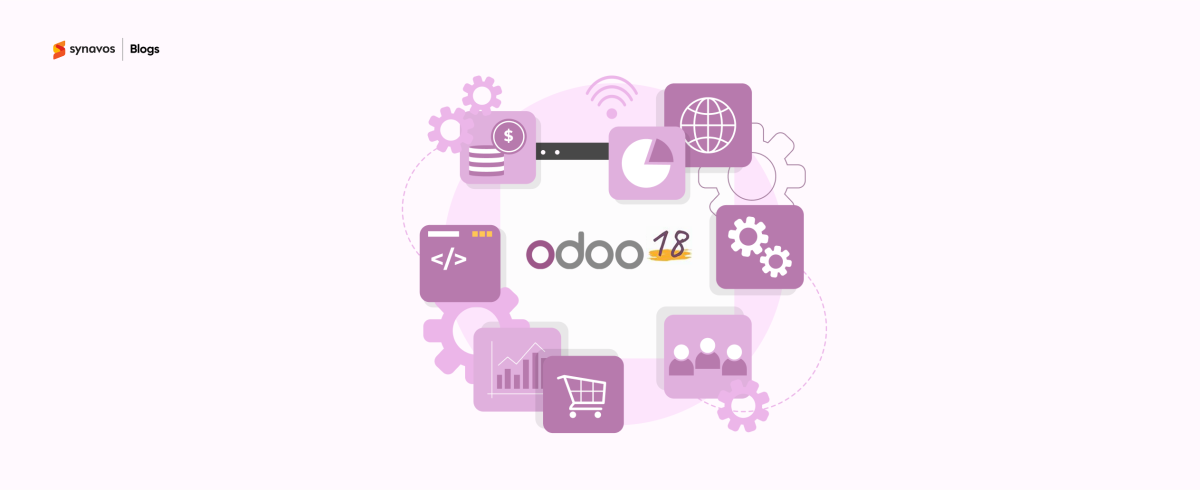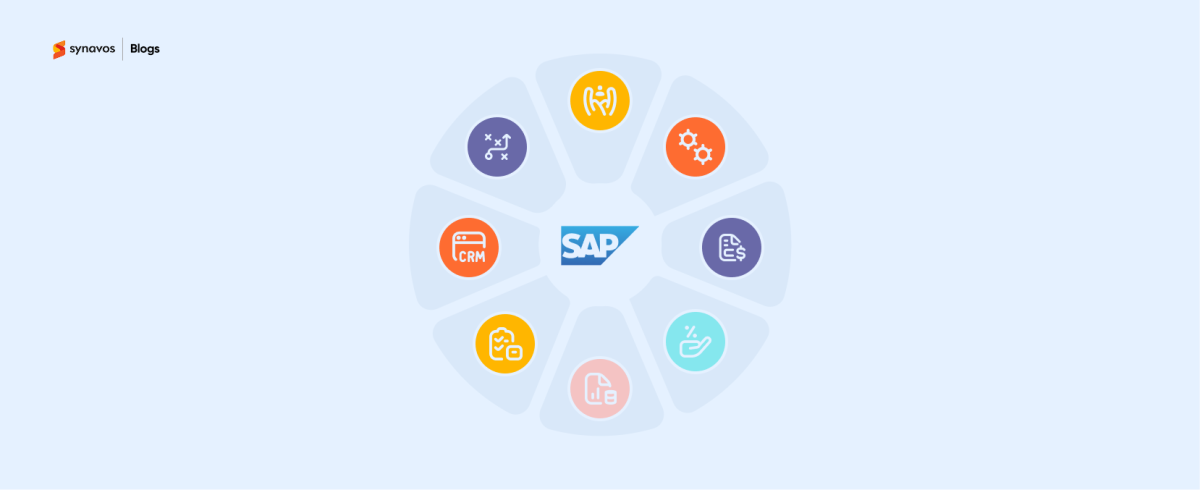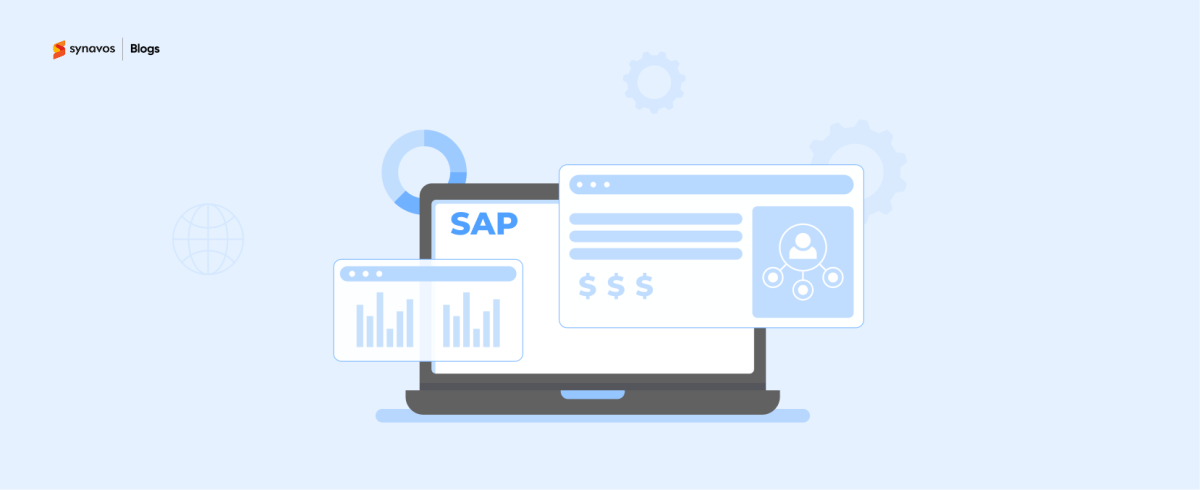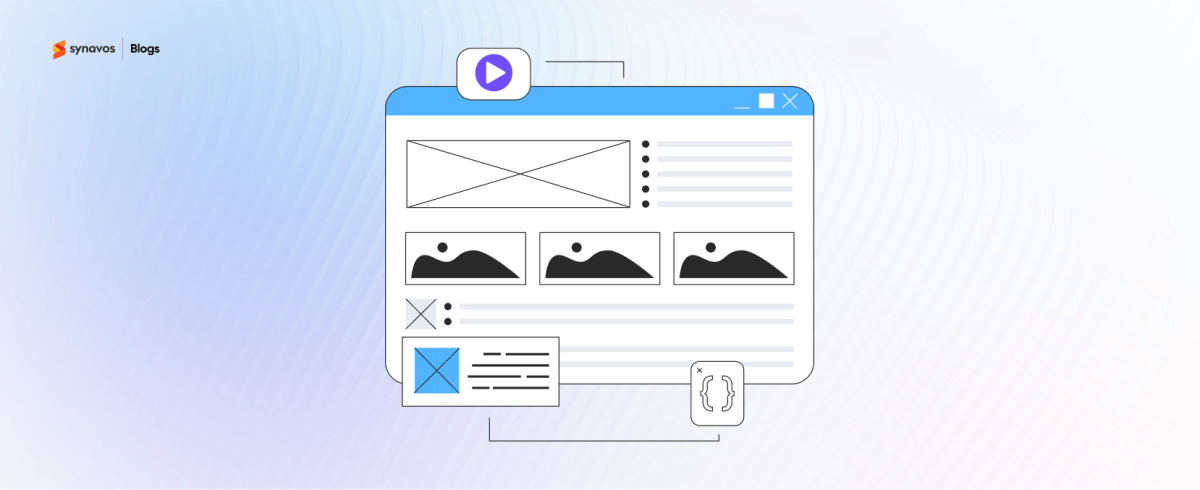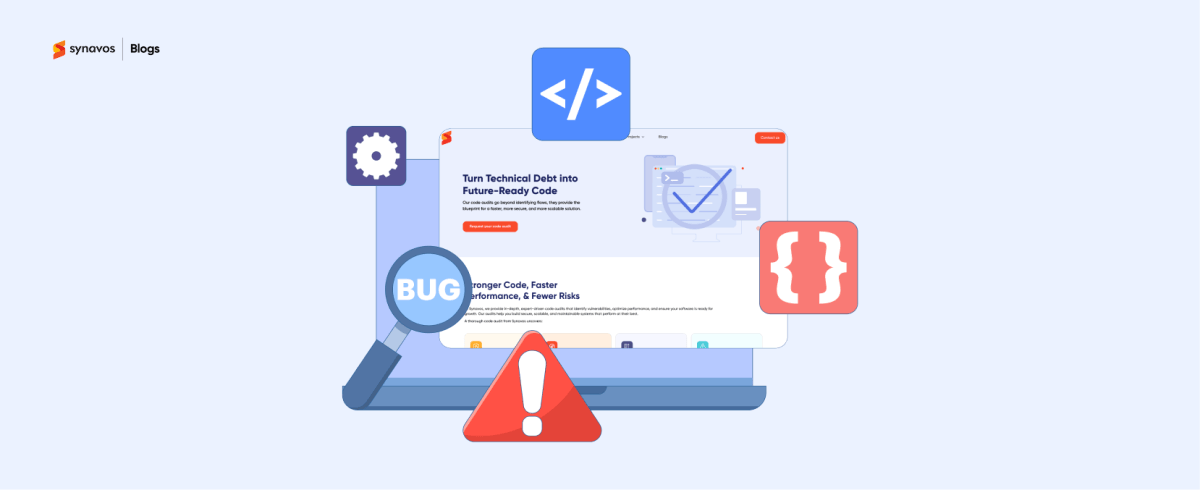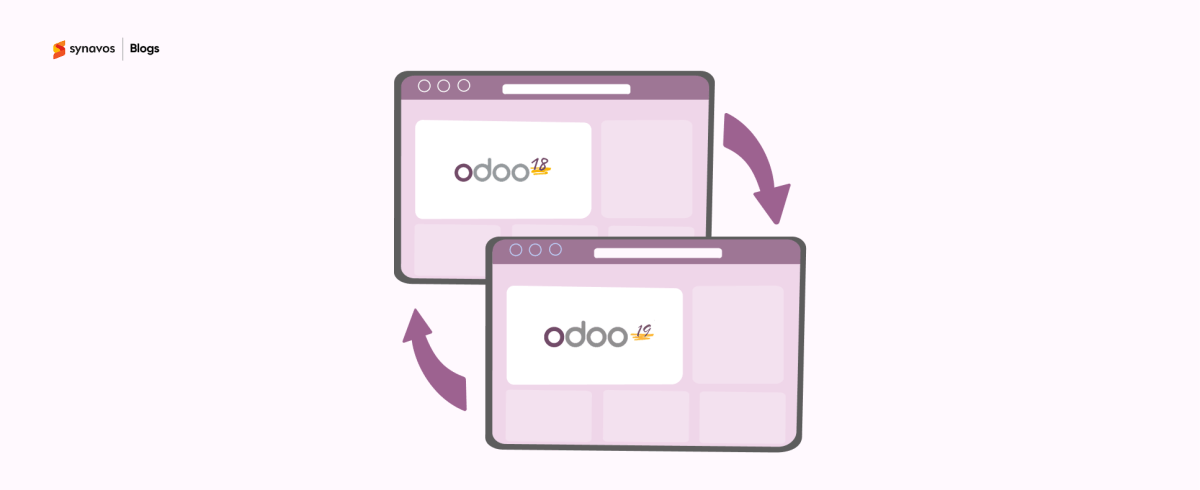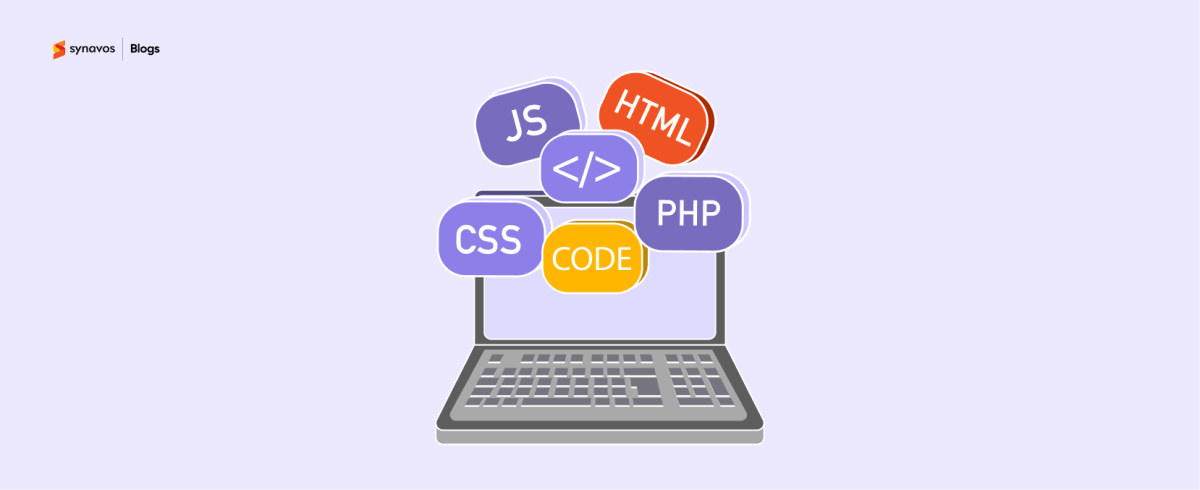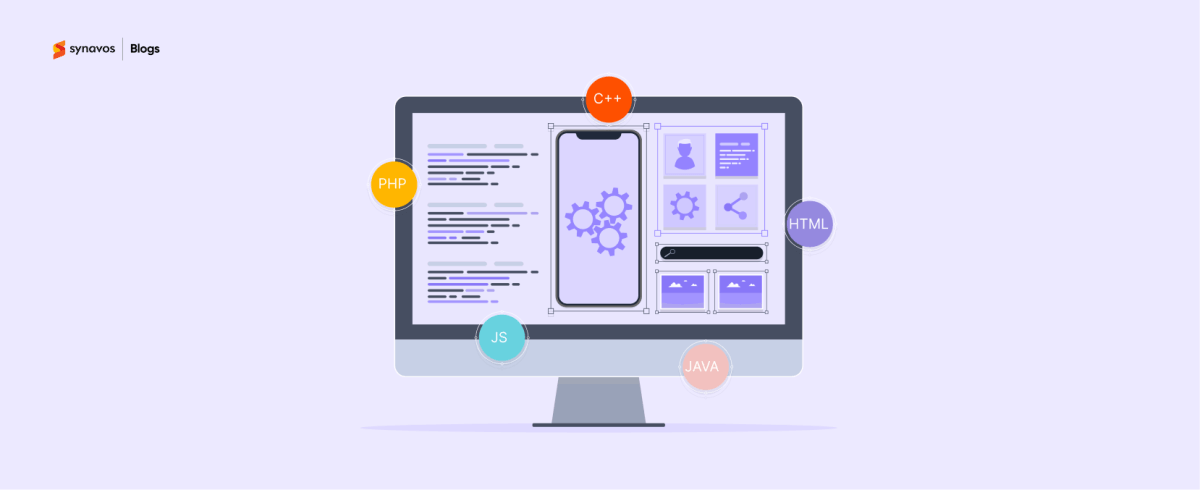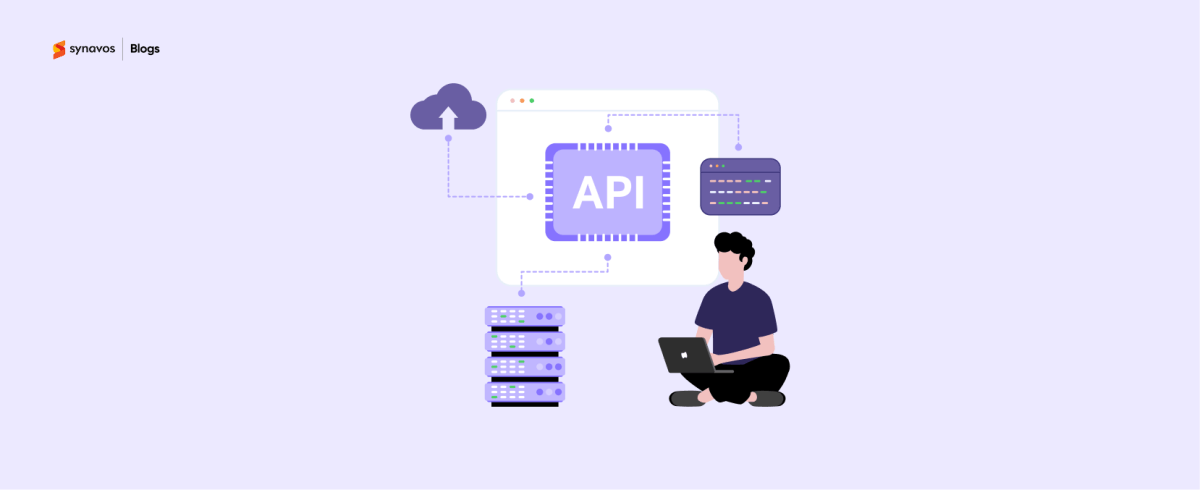Migrating to Odoo can feel like a significant decision, but it’s one that brings clear rewards for businesses looking to work smarter and grow faster. Whether you’re struggling with disconnected systems, outdated software, or inefficient processes, moving to Odoo or upgrading to an updated version of Odoo offers a powerful solution.
By upgrading to Odoo, your business can tap into a suite of advanced tools designed to simplify operations, improve efficiency, and ultimately, create a more agile organization. With a user-friendly interface, cloud capabilities, and a range of powerful features, Odoo makes it easier to manage everything from sales and inventory to finances and customer relationships, all in one place. Let’s explore how Odoo migration can take your business to the next level.
1. Access to Advanced Features
One of the most compelling reasons to migrate to the latest Odoo version is to gain access to the latest features that were not available in older versions. As Odoo continues to evolve, newer versions come with better tools and more powerful functionalities.
Better Tools for Growth
Each new version of Odoo introduces advanced functionalities. For instance, Odoo 18 added features like AI-powered tools for inventory management, advanced reporting, and real-time analytics. These tools help your business make data-driven decisions and improve day-to-day operations by offering real-time insights.
With each migration, your business gains access to tools designed for growth, whether it’s improving sales, optimizing inventory, or refining customer relations. In addition, Odoo version upgrade ensures your company is always ahead of the curve, benefiting from the most cutting-edge features available.
Improved Integrations
In addition to better functionalities, newer versions of Odoo also improve integration capabilities. Odoo integrates seamlessly with other software, including e-commerce platforms, payment gateways, and supply chain management systems. This means you don’t have to deal with multiple platforms and can manage everything from a single interface.
2. Streamlined Business Processes
Odoo has always been known for business process automation and streamlined workflows. However, with each version, the software becomes even more powerful and efficient.
Automation Across Functions
One of the biggest advantages of Odoo migration is the ability to automate a range of tasks, including invoicing, order management, inventory tracking, and CRM lead management. By automating these repetitive tasks, your team can focus on higher-value work like strategy development, customer service, and product innovation.
Odoo also helps eliminate human errors, such as mismatched invoices, inaccurate stock counts, and delays in order fulfillment. Automation helps businesses stay on top of their operations without wasting time on manual work.
Connected Systems
Before migrating, many businesses use multiple software solutions for different functions. For example, one system for accounting, another for customer relationship management, and yet another for inventory management. Odoo is an ERP system that integrates all these processes into one system, creating a unified workflow. With everything in one place, you save time, reduce errors, and improve communication between departments. This streamlining makes day-to-day operations much easier to manage.
3. The Mobile-Centric Workflow
As workforces become more mobile and remote work continues to rise, businesses need systems that allow their teams to stay connected and productive, no matter where they are. Odoo’s mobile-friendly features make this easier.
Work from Anywhere
Odoo’s mobile apps let you manage key business functions right from your smartphone or tablet. Whether you're tracking sales, checking inventory, or updating customer data, Odoo makes it easy to work on the go. This mobile accessibility ensures that employees don’t have to wait until they’re back in the office to get things done.
Remote Work Made Easy
If your business is shifting to remote work or has employees working from different locations, Odoo makes it simple for everyone to stay connected. With cloud-based access, employees can log in from anywhere, whether they're at home, on the road, or working from a different city. This flexibility helps increase productivity and ensures work doesn’t stop, even when employees aren’t physically at the office.

4. Scalability and Flexibility
As your business grows, so should your ERP system. Odoo is designed to scale with your company, regardless of its size. Migration to a newer Odoo version gives your business the flexibility it needs to grow.
More Features as You Need Them
Odoo’s modular structure allows businesses to add new functionalities as they grow. Let’s say your business expands and you need a new feature for inventory management, or you want to add a multi-currency module for global transactions. Odoo can be easily scaled with just a few clicks, meaning you won’t have to invest in a whole new system.
Adaptability
Business needs constantly change. With Odoo, you can easily adapt to these changes without having to overhaul your entire system. Whether you’re opening a new branch, adding a new department, or starting a new product line, Odoo has the flexibility to keep up with your digital transformation needs.
5. Cost Optimization
Every business is looking for ways to save money and improve efficiency. Odoo migration offers several opportunities for cost savings, both directly and indirectly.
Lower IT Costs
Odoo offers a cloud-based version that eliminates the need for expensive servers and IT infrastructure. Instead of investing in hardware and paying for IT maintenance, Odoo’s cloud solution handles everything for you. All software updates, patches, and backups are managed by Odoo, reducing the burden on your internal IT team.
Less Software Spending
Many businesses use multiple software solutions for different departments. With Odoo, you can consolidate all of these systems into one platform. This means fewer subscriptions to manage and fewer licenses to buy. Odoo’s integrated solution also reduces the time spent on training employees to use different systems, which helps save costs in the long run.
6. Better Security and Compliance
With data breaches becoming more common, it’s essential that businesses keep their systems secure. Odoo migration provides enhanced security features to help protect your business and stay compliant with regulations.
Robust Security
Odoo’s cloud platform includes data encryption, role-based access controls, and automatic backups, making it a highly secure option for your business data. By migrating to Odoo, you ensure that your company’s data is protected against threats and cyberattacks.
Staying Compliant
As your business grows, so do your compliance needs. Odoo helps businesses stay compliant with regulations like GDPR, tax laws, and industry-specific standards. The software is always updated to meet current regulations, ensuring your business avoids costly fines or legal issues.
Enhanced Customer Experience
Finally, Odoo migration improves the way businesses interact with their customers. By leveraging Odoo’s CRM and e-commerce tools, businesses can offer a better, more personalized customer experience.
Personalized Customer Engagement
Odoo’s CRM system helps businesses track customer preferences, purchase history, and interactions. This data allows businesses to offer personalized services, such as customized product recommendations, targeted offers, and timely follow-ups, improving customer satisfaction and loyalty.
Faster Response Times
With Odoo’s automation tools, your team can respond to customer inquiries quickly, process orders efficiently, and resolve issues faster. A streamlined process means customers get quicker service, leading to higher satisfaction and improved customer retention.
Wrapping Up
Odoo migration offers significant benefits that can help businesses grow, save money, and become more efficient. With access to advanced features, the ability to scale as your business grows, cost optimization, and improved security, Odoo provides all the tools your business needs to succeed. With its user-friendly interface and flexibility, Odoo allows businesses to stay competitive and ready for the future.

Scale Your Operations with Synavos
At Synavos, we empower businesses with ERP solutions, covering everything from Odoo implementation and migration to support and custom add-ons. As an official Odoo partner, Synavos provides Odoo implementation and migration services across the UAE and Pakistan.
Book your free Odoo migration consultation today and let us help you simplify your company processes and improve efficiency.









